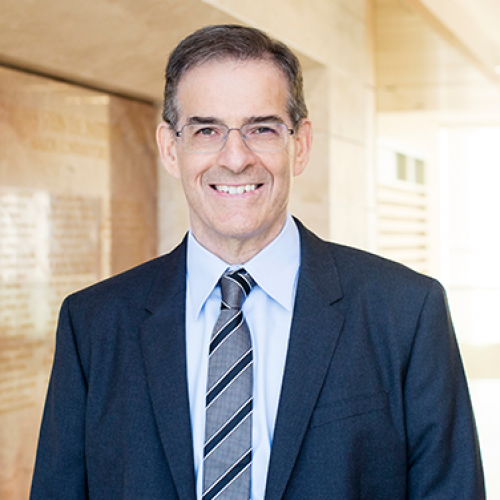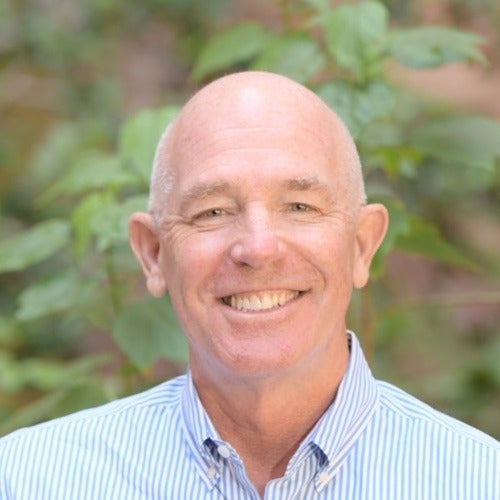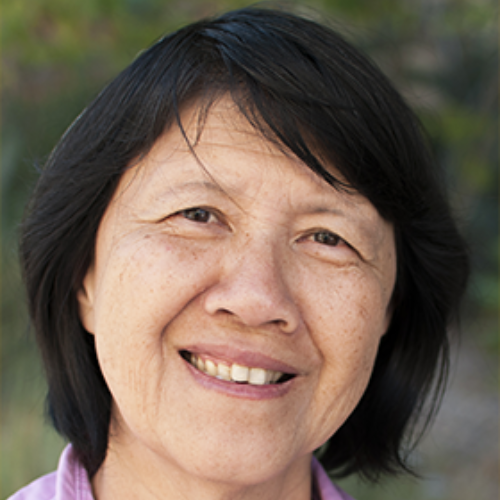Remembering Dr. Steve Wallace
Though his loss is deeply felt by the UCLA Fielding School community, the FSPH professor and tireless champion for health equity left an enduring legacy.
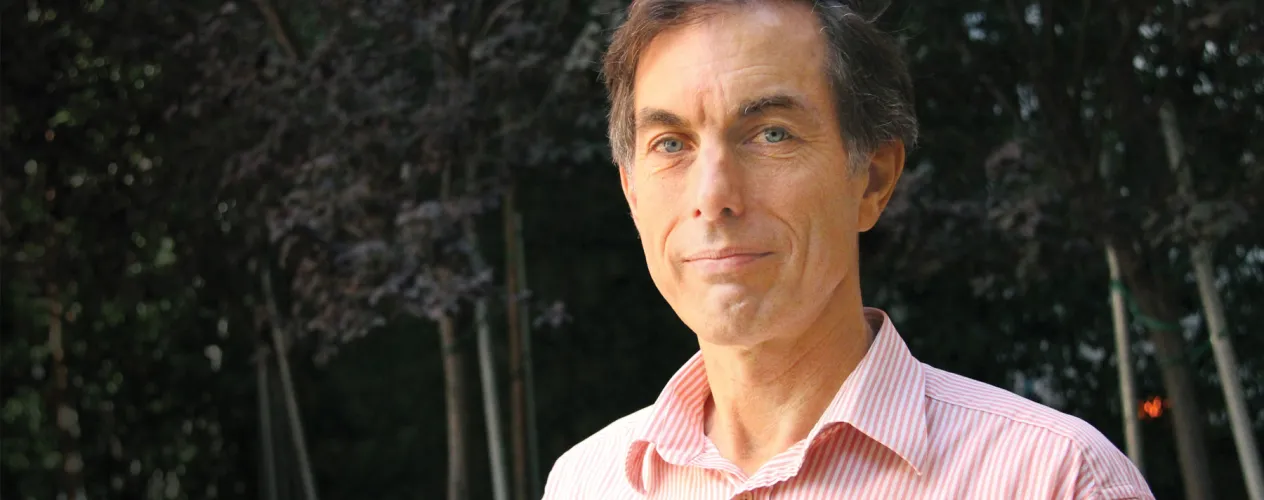
As a child, Dr. Steve Wallace listened to his grandfather’s stories about coming to the U.S. through Ellis Island and his father’s memories of growing up in the immigrant neighborhood of Boyle Heights, California. “But it was an undergraduate summer internship in 1977, at a community health center where most of the patients were recent immigrants from Mexico, that sparked his interest in an academic approach to the study of immigration, and evolved into a storied career,” according to Dr. Ninez Ponce, professor of health policy and management at the UCLA Fielding School and director of the FSPH-based UCLA Center for Health Policy Research (CHPR).
In a loss deeply felt by the UCLA Fielding School community, Wallace died in March at the age of 63. His legacy endures in the legions of people he touched through his work as a beloved colleague, teacher, mentor, researcher, and tireless champion for health equity. “For many of us, Steve was a model for all that is possible in training, service, teaching, and mentorship,” Dean Ron Brookmeyer, distinguished professor of biostatistics, stated in a letter to the FSPH community, adding that Wallace “moved through life with the utmost integrity and humanity.”
“Steve’s door was always open to everyone — students, early-career faculty members, and the rest of us,” said Dr. Michael Prelip, professor and chair of FSPH’s Department of Community Health Sciences. “He was there to listen, ask the right questions, give the best advice, make you laugh, and be the absolute best friend and colleague. He was the complete package. He supported so many of us in so many ways, and often when we didn’t even know it.”
An internationally renowned scholar on health, health disparities, and health policy involving older adults, immigrants, and communities of color, Wallace served as a professor of community health sciences at the UCLA Fielding School for 31 years, including six years as chair of the department and five as vice chair. As a CHPR associate director for 25 years, he was essential to the center’s success, Ponce said.
Wallace developed new approaches to assessing the economic security of older people through the California Elder Economic Security Standard Index, a tool that measures the actual cost of basic necessities for older adults, which was adopted into law in California, was used by the World Health Organization in its 2020 Decade of Healthy Aging report, and will be used in California’s master plan on aging. He led teams that enhanced community organization capacity to advocate for better air quality in neighborhoods, and established resources for Los Angeles neighborhoods to increase smoke-free rental housing.
In both his research and fieldwork, Wallace worked to better understand the dynamics of social inequality and how it impacts health equity, as well as how policy and community approaches can improve health equity. “Steve is widely recognized for introducing concepts such as the social determinants of health into discussions of health and social care for Latino and immigrant populations, the elderly, and other vulnerable populations long before such ideas became mainstream,” Brookmeyer said.
Wallace received numerous honors for his work, including a lifetime achievement award from the American Public Health Association Aging and Public Health Section in 2018 and the chair’s citation for service in 2017. He earned a Fulbright fellowship to conduct research and lecture in Chile, and in 2018, received the Mario Gutierrez Champion of Migrant Health award from the Health Initiative of the Americas.
Wallace (front row, right), a recipient of the inaugural Mario Gutierrez Champion of Migrant Health Award at the Health Initiative of the Americas' Annual Migration and Health Summer Institute in 2018, was also a beloved colleague to many individuals outside of UCLA.
Yet on an online tribute page, one colleague noted that Wallace was less concerned about accolades than with making a difference. “It was always about what he could do to address social injustices; what he could do to address the inequities that plague humanity; what he could do to help others,” wrote Dr. May Wang, professor in FSPH’s Department of Community Health Sciences. “And he did this with grace, compassion, humility, and wisdom.”
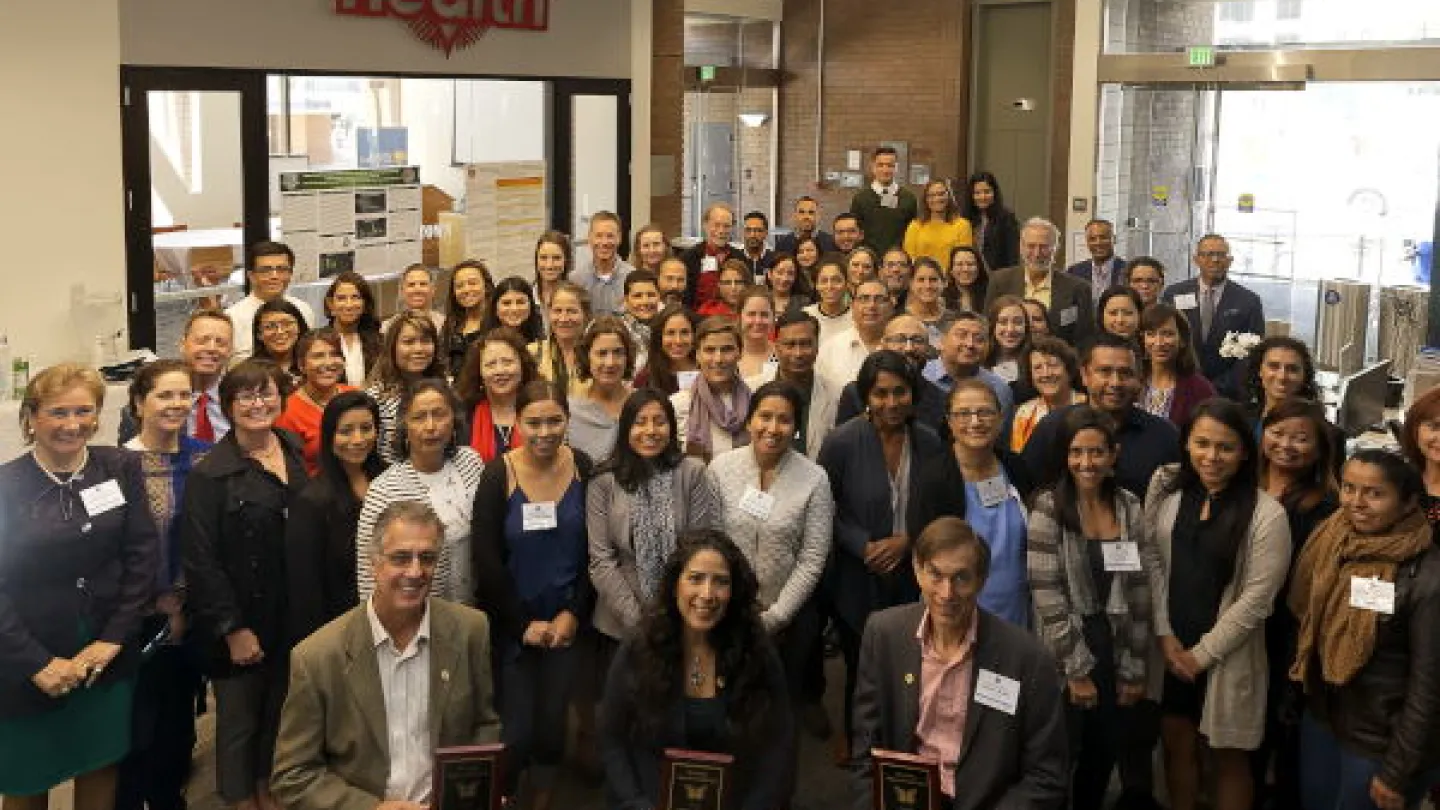
Wallace, a recipient of the inaugural Mario Gutierrez Champion of Migrant Health Award at the Health Initiative of the Americas' Annual Migration and Health Summer Institute in 2018, was also a beloved colleague to many individuals outside of UCLA.
For many of us, Steve was a model for all that is possible in training, service, teaching, and mentorship.
In his efforts to effect change in health and healthcare policy for immigrant and elderly populations, Wallace often wrote letters to editors and op-eds for local and national newspapers. He testified at state legislative hearings and in other forums, and his research informed state laws. Wallace was also committed to increasing the diversity of the public health workforce. He served as director of a National Institutes of Health/National Institute on Aging-funded coordinating center that mentors promising scholars from underrepresented groups who pursue careers in aging-related research. In February of this year, he co-authored an editorial in the American Journal of Public Health outlining priorities for the Biden administration in taking an equity-focused approach to immigration reform, as well as issuing a call to action for researchers and advocates to work together toward the goal of improving immigrant health and policies.
But perhaps Wallace’s greatest legacy is his influence on the hundreds of students he mentored who have gone on to successful careers as researchers in immigrant health, older-adult health, and health disparities. Many of the doctoral students Wallace trained now hold tenure-track faculty positions and director roles at major centers. Wallace always found time for all students, Brookmeyer noted — even those from other universities who were simply interested in the field.
On the tribute page, Goleen Samari (MPH ’10, PhD ’15), who benefited from Wallace’s mentorship as an FSPH student, wrote of how she tries to emulate Wallace’s approach in her current position as an assistant professor at the Columbia Mailman School of Public Health. “I’ll never forget how he would reach out when he spotted a new article or op-ed of mine just to say that he was proud of the work I was doing,” Samari stated. “He always paid attention and, simply, not everybody pays attention. I, too, try to pay attention because of Steve.”
Wallace’s family invites contributions to the Steve Wallace Fellowship Fund at the UCLA Fielding School of Public Health, which intends to continue Wallace’s commitment to mentoring first-generation students to become leaders in advancing public health policy.

